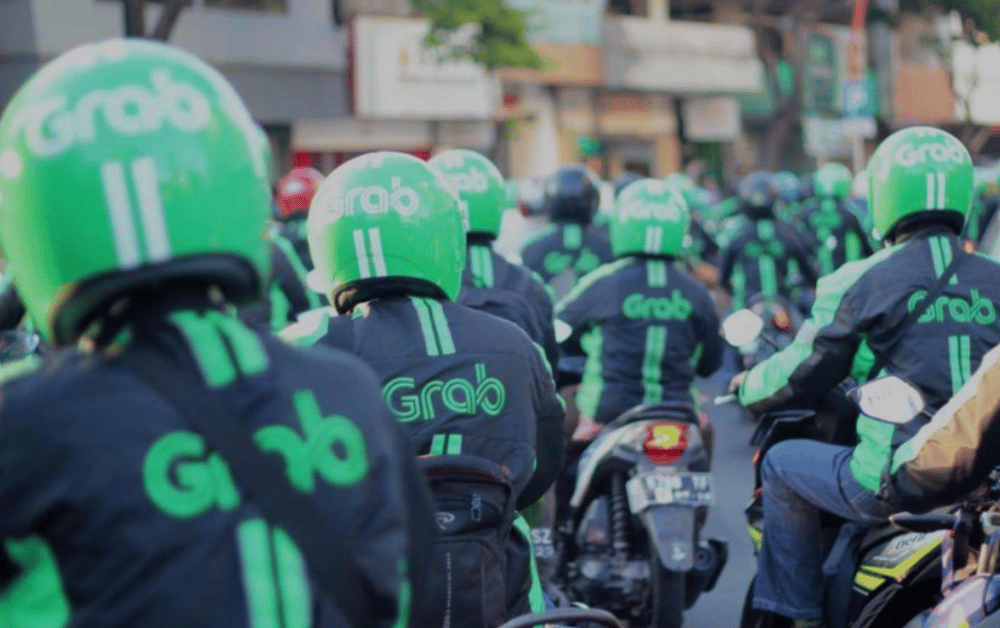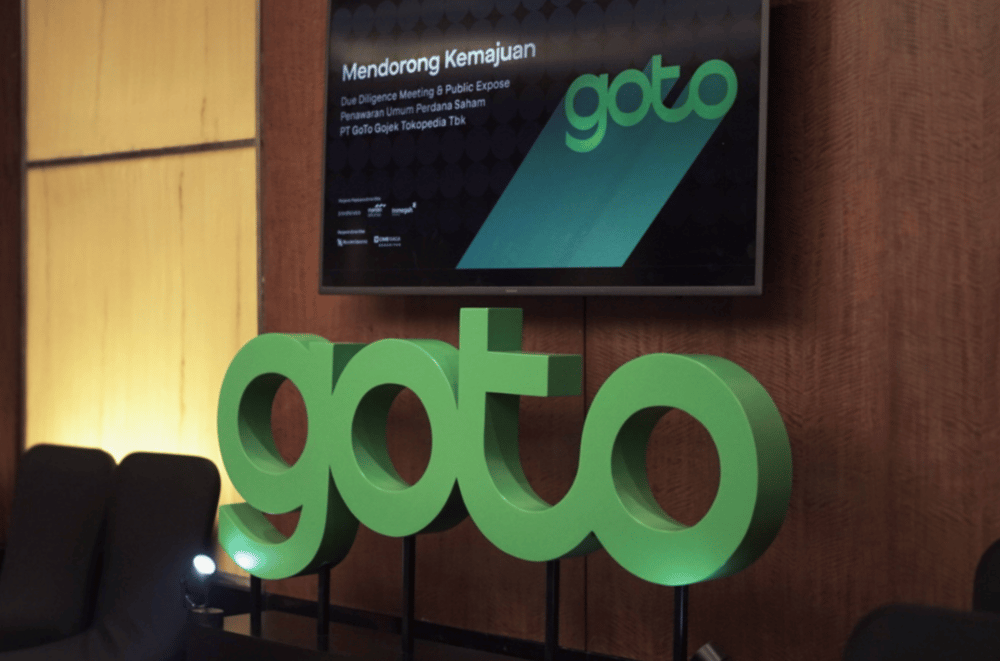Indonesian Regulator Probes Potential Grab and GoTo Merger Amid Antitrust Concerns
Indonesia’s antitrust authority, the Komisi Pengawas Persaingan Usaha (KPPU), has launched a preliminary investigation into a possible merger between Southeast Asia’s leading digital service platforms — Grab Holdings Ltd $GRAB and GoTo Group $GOTO.TA. The regulator stated that any formal merger notification will trigger a comprehensive antitrust review.
Although neither company has officially confirmed merger intentions, repeated media reports and corporate signals in recent quarters have fueled speculation of strategic consolidation in the region’s highly competitive ride-hailing, food delivery, and fintech sectors.
Merger Implications: Market Dominance and Consumer Choice at Stake
If realized, a merger between Grab and GoTo would reshape Indonesia’s digital economy, combining two of its largest super app ecosystems. Together, they control a majority share across mobility services, e-commerce logistics, and digital payments. Analysts warn this may significantly reduce competition, especially in the ride-hailing (Ojek and taxi) and online-to-offline (O2O) service markets.
The KPPU’s chairman, Muhammad Fanshuroel Asa, emphasized that the agency will act once a merger is formally filed, suggesting that regulatory enforcement will focus on post-merger market behavior, pricing power, and ecosystem exclusivity.
The potential merger raises broader concerns over consumer welfare, data monopolization, and market access for smaller players, especially as both firms continue to expand their financial technology (fintech) verticals and digital wallet integrations.

Quick Facts
Regulator involved: Indonesia’s KPPU (Antitrust Commission)
Companies: Grab Holdings & GoTo Group
Market share: Combined dominance across ride-hailing and fintech
Merger status: Unconfirmed but widely reported in local media
Regulatory timeline: Full review to begin upon formal notification
Market Response and Expert Perspectives
The Indonesian market showed measured caution, with GoTo Group shares gaining modestly on merger speculation, while Grab Holdings Ltd saw limited movement in the NASDAQ pre-market trading. Investors appear to be weighing the efficiency gains of consolidation against the risk of regulatory intervention and operational overlap.
Several regional tech analysts commented that the merger could lead to significant cost synergies, especially in backend operations and last-mile delivery infrastructure, but may also provoke scrutiny from regional antitrust regulators, including those in Singapore, Malaysia, and Vietnam.
Furthermore, increased market concentration may prompt consumer backlash and a re-evaluation of startup innovation pipelines, as smaller competitors may be squeezed out or forced into acquisition talks.

Key Takeaways
The merger, if executed, would dominate Indonesia’s digital mobility and payments landscape.
KPPU is positioning itself for post-merger oversight rather than preemptive blocking.
GoTo and Grab are under pressure to reduce costs amid global tech sector rationalization.
Consumers could face fewer options and potentially higher prices in monopolized categories.
The move is part of a broader regional trend toward tech super app consolidation.
A Defining Test for Tech Regulation in Emerging Markets
The possibility of a Grab-GoTo merger marks a pivotal moment for Southeast Asia’s digital economy, as governments balance innovation incentives with the need to preserve competitive markets. Indonesia’s proactive stance signals that antitrust enforcement in emerging economies is maturing in parallel with the platforms it seeks to regulate.
With both companies facing margin pressures, and the broader region witnessing consolidation across fintech and ride-hailing, the outcome of KPPU’s review could set a precedent for cross-border tech mergers in high-growth markets.
Whether the deal materializes or not, its regulatory handling will influence investor confidence, startup strategy, and market accessibility for years to come.















Comments
The evolving landscape demands bold decisions, and this is a clear example of that direction